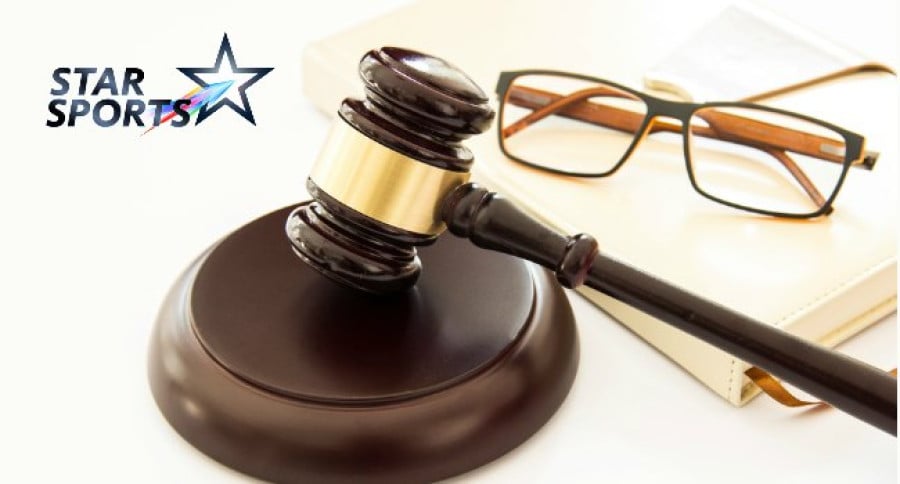Mandatory Sharing of Sports Broadcast Signals in India: Part 2 – The implications of the STAR Sports decision

Mandatory Sharing of Sports Broadcast Signals in India: Part 2 – The implications of the STAR Sports decision
This two-part article offers insights into the Supreme Court’s recent decision in Star Sports India Private Limited vs. Prasar Bharati and Ors.1 (the “Case”). Part 1, (available here), reviews the judgement and provides background on sports broadcasting laws in India. Part 2, below, analyses the implications of the decision by comparing India’s position to other jurisdictions, before looking at the significance of the mandatory sharing of sports broadcast signals in India in the light of the many legal developments in this emerging area of the law.
International Comparison
Regulation of the television broadcast of major events is in practice in many jurisdictions across the world. In the European Union (“EU”) for instance, the Audio-visual Media Services Directive (“AVMSD”) establishes several crucial principles for the media landscape in Europe, for television and other audio-visual media services. Article 14 of the AVMS Directive grants each Member State the power to take measures in accordance with the law of the EU to ensure that broadcasters under its jurisdiction are not allowed exclusive rights to broadcast events which are regarded by that Member State as being of ‘major importance’ for society, in such a way as to deprive a ‘substantial proportion’ of the public in that Member State of the possibility of following such events by live coverage or deferred coverage on free to air television.
The Member State is further permitted to draw up a list of designated events, national or non-national, which it considers to be of major importance for society. Member states are required to notify the European Commission about the restrictions they wish to impose under Article 14, whilst the European Commission is in charge of verifying the compliance of such measures with EU law. In 2011, FIFA2 and UEFA3 failed in their respective legal bids to annul the approving decision of the European Commission which had recognised the FIFA World Cup and the UEFA European Championship, in their entirety, as events of ‘major importance’.
In the UK, the Broadcasting Act 1996 requires the Office of Communications (“Ofcom”), the communications regulator in the UK, to prepare and periodically review the Code on Sports and Other Listed and Designated Events (“Code”). The Code provides guidance on matters relating to the televised broadcasts of sports and other events of national interest that have been listed by the Secretary of State for Culture Media and Sport. The acquisition by pay television providers of exclusive rights to the whole or any part of the live television coverage of listed events and the broadcasting on an exclusive basis of such events without the previous consent of Ofcom is restricted.
The purpose of these arrangements is to ensure that key sporting events are made available to all television viewers in the UK, particularly those who cannot afford the extra cost of subscription television. The rights to broadcast listed events - live rights in the case of Group A events (e.g. Olympics, FIFA World Cup, Wimbledon and European Football Championship) or highlights in the case of Group B events (e.g. Cricket Test Matches, Six Nations Rugby or Commonwealth Games) must be first offered to qualifying broadcasters i.e., those broadcasters whose channels are available without payment to at least 95% of the population in the UK. However, qualifying broadcasters are not obliged to bid for these rights.
In Australia, anti-siphoning laws regulate access to significant sporting events by pay TV operators. The Broadcasting Services Act 1992 in essence grants free-to-air broadcasters a statutory right of first refusal to acquire the broadcasting rights to certain sporting events, the televising of which should be available free to the general public.4 The legislation imposes a licence condition on pay TV providers that prohibits them from acquiring broadcast rights to certain sporting events unless a national broadcaster or a network of commercial television broadcasters have the right to televise the events.5 These events are delisted at least 12 weeks before they start to ensure pay TV broadcasters have reasonable access to listed events, especially if free-to-air broadcasters decide not to purchase the broadcast rights for a particular event. Any rights to listed sporting events that are not acquired by free-to-air broadcasters are available to pay TV.
To continue reading or watching login or register here
Already a member? Sign in
Get access to all of the expert analysis and commentary at LawInSport including articles, webinars, conference videos and podcast transcripts. Find out more here.
- Tags: Audio-visual Media Services Directive | Australia | Board of Control for Cricket in India (BCCI) | Braodcasting Act 1996 | Broadcasting | Cable Television Networks (Regulation) Act 1995 | Code on Sports and Other Listed and Designated Events | Commercial Law | Cricket | Cricket Association of Bengal (CAB) | England | European Commission | European Union | FIFA | FIFA World Cup | Government of India (MIB) | India | Indian Supreme Court | Intellectual Property | International Cricket Council (ICC) | International Olympic Committee (IOC) | Justice Lodha Committee recommendations | Media | Ministry of Information & Broadcasting | OFCOM | Olympics | Pakistan | Paralympic | Sports Broadcasting Signals (Mandatory Sharing with Prasar Bharati) Act 2007 | Sports Broadcasting Signals (Mandatory Sharing with Prasar Bharati) Rules 2007 | Sri Lanka | UEFA | UEFA European Championship
Related Articles
- Sharing sports clips in the digital age: 6 things you should know
- The current legal status of image rights companies in football
- The growth of football in China: internal reform and overseas ambition
- Mandatory Sharing of Sports Broadcast Signals in India: Part 1 – A review of STAR Sports v. Prasar Bharati
Written by
Roshan Gopalakrishna
Roshan is Counsel (Sports & Entertainment) at LawNK, a Bangalore based niche law practice specializing in sports, intellectual property, media and information technology laws. In addition, Roshan is also the Chief Legal Counsel at Copyright Integrity International, a world leader in the protection of digital and broadcast rights. Roshan is a graduate of the National Law School of India University, Bangalore.

 Global Summit 2024
Global Summit 2024